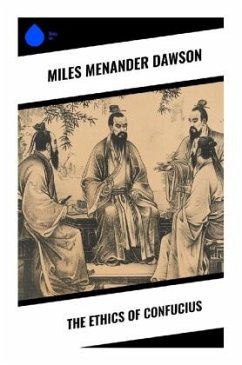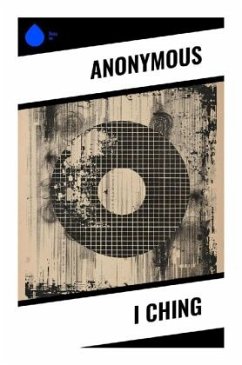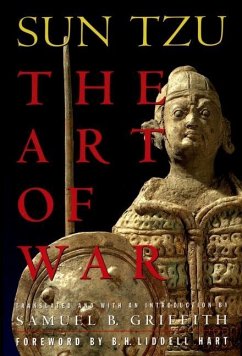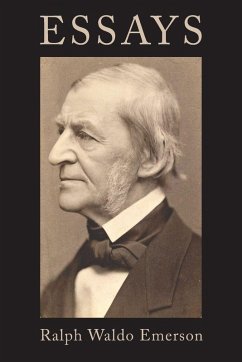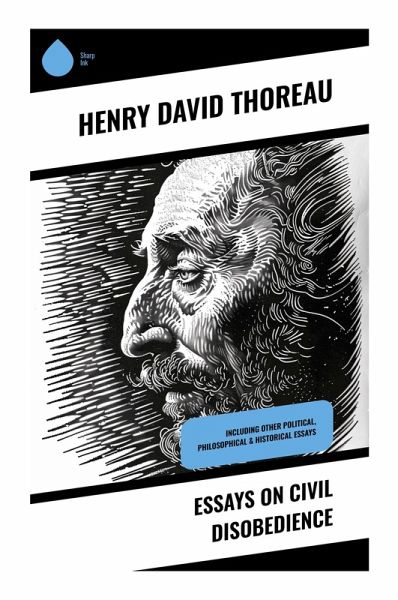
Essays on Civil Disobedience
Including Other Political, Philosophical & Historical Essays

PAYBACK Punkte
0 °P sammeln!
In "Essays on Civil Disobedience," Henry David Thoreau confronts the moral imperative of individual resistance to an unjust state. Written in lucid prose, these essays explore themes of government, morality, and the individual's role in society, set against the backdrop of the 19th-century abolitionist movement. Thoreau's argument for nonviolent resistance is notably influenced by his own experiences of imprisonment for refusing to pay taxes in protest of the Mexican-American War, highlighting the tension between personal ethics and civic duty. His distinctive literary style blends philosophic...
In "Essays on Civil Disobedience," Henry David Thoreau confronts the moral imperative of individual resistance to an unjust state. Written in lucid prose, these essays explore themes of government, morality, and the individual's role in society, set against the backdrop of the 19th-century abolitionist movement. Thoreau's argument for nonviolent resistance is notably influenced by his own experiences of imprisonment for refusing to pay taxes in protest of the Mexican-American War, highlighting the tension between personal ethics and civic duty. His distinctive literary style blends philosophical discourse with pragmatic examples, rendering philosophical ideas accessible and compelling. Henry David Thoreau (1817-1862) was a transcendentalist thinker, naturalist, and social critic who profoundly influenced American literature and political thought. His commitment to self-reliance and a simpler way of living echoes throughout his works. His experiences at Walden Pond and his reflections on societal norms prompted him to examine the ethical responsibilities of citizens in a democracy, ultimately advocating for the execution of one's conscience in the face of governmental wrongdoing. "Essays on Civil Disobedience" is essential for readers who seek to understand the foundations of civil rights movements and the philosophy of protest. Thoreau invites us to reflect on our own moral responsibilities and challenges contemporary notions of citizenship and compliance, making this work a timeless guide for activists and thinkers alike.




